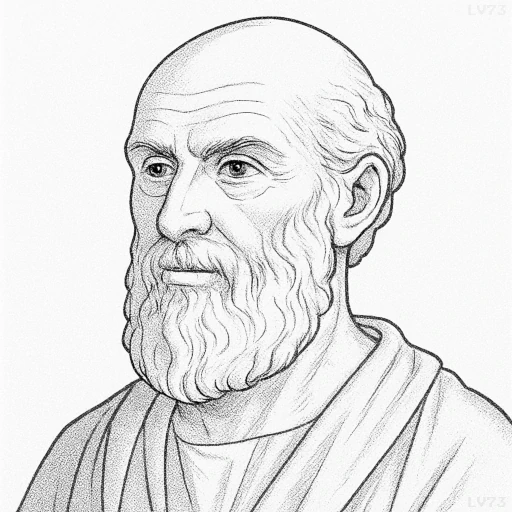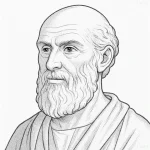“A wise man should consider that health is the greatest of human blessings, and learn how by his own thought to derive benefit from his illnesses.”

- c. 460 BC – c. 370 BC
- Greek
- Physician, “Father of Medicine”
table of contents
Quote
“A wise man should consider that health is the greatest of human blessings, and learn how by his own thought to derive benefit from his illnesses.”
Explanation
This quote is consistent with the philosophical spirit of Hippocratic medicine, and while it is frequently attributed to Hippocrates, it is not found in this exact form in any verified section of the Hippocratic Corpus. However, the underlying message closely reflects the holistic and reflective approach to health and illness that Hippocrates championed.
The first part—“health is the greatest of human blessings”—echoes a core Hippocratic belief that a sound body and mind form the foundation of a meaningful life. Unlike wealth or fame, health enables all other human pursuits. The second part—“derive benefit from his illnesses”—suggests that even suffering can offer insight, humility, and a deeper understanding of one’s body, limits, and lifestyle. This reflects the ancient belief that disease was not merely an affliction but a signal, prompting reflection and adjustment.
In modern terms, this quote aligns with concepts in psychosomatic medicine and mental resilience. Patients with chronic illness often report that hardship taught them patience, compassion, or a new appreciation for life. Similarly, practices like mindfulness and narrative medicine encourage people to reflect on illness as an opportunity for growth. Thus, the quote offers timeless wisdom: while we strive for health, we can also find meaning in adversity through introspection and thoughtful response.
Would you like to share your impressions or related stories about this quote in the comments section?
